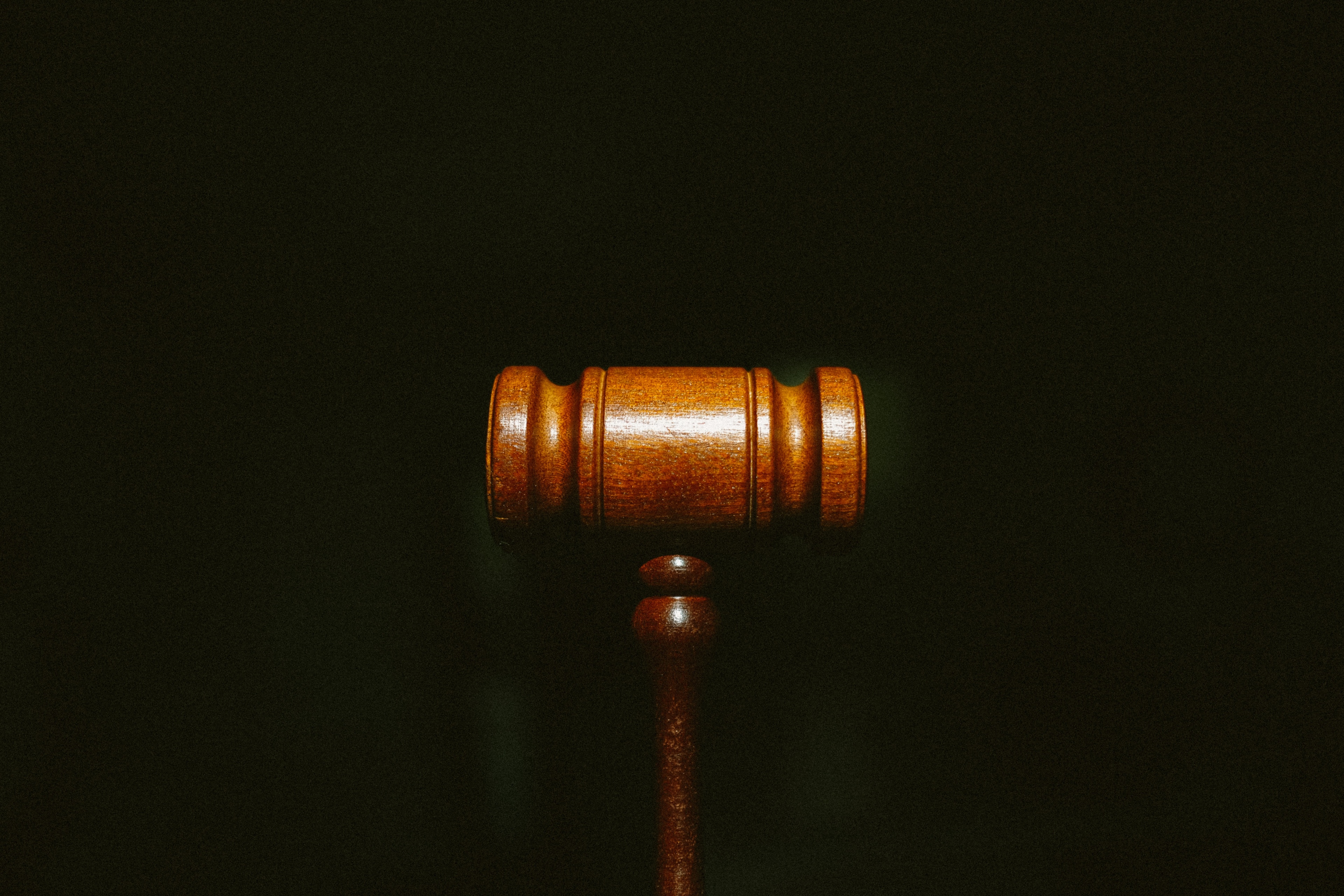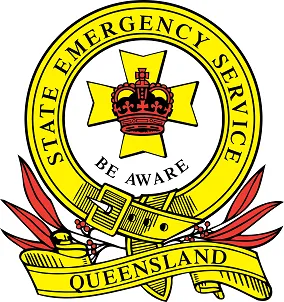If you or someone you know is facing charges of assault causing bodily harm, chances are you are wondering if you will go to jail. There are a range of consequences and outcomes for assault charges in Australia. Depending on the circumstances and severity of the assault, the history of the accused, and the legal definitions of bodily harm, this may include jail time.
What is Actual Bodily Harm?
Actual Bodily Harm (ABH) is a legal term used to describe less severe forms of physical or psychological harm than those classified under Grievous Bodily Harm (GBH). However, ABH is still a serious offence.
What constitutes ABH?
ABH typically covers injuries that are not life-threatening but still require medical attention or cause a significant level of discomfort or distress to the victim. This can include bruises, minor fractures, cuts, or psychological trauma that does not amount to severe psychological harm. The key aspect is that the harm should be more than merely transient or minor.
Differences between ABH and other forms of assault
The main distinction between ABH and other assault types, like common assault or Grievous Bodily Harm, lies in the severity of the injury. Common assault might not involve any physical contact at all (like threatening behaviour), while GBH entails more serious damage. ABH sits in the middle, involving physical harm but of a less severe nature than GBH.
Typical penalties for ABH offences
Penalties for ABH offences can vary but generally involve lesser sentences compared to GBH. They may include fines, community orders, and, in some cases, up to 7 years imprisonment, depending on the offence’s circumstances and the defendant’s criminal history. Factors like the nature of the injury, the context of the assault, and any previous convictions play a role in determining the sentence.
Factors affecting the likelihood of going to jail for assault causing bodily harm
Several factors come into play when determining the likelihood of you going to jail for assault causing bodily harm. Understanding these can provide insight into the potential outcomes of a legal proceeding for assault causing bodily harm.
Severity of Harm: One of the primary considerations is the extent of harm caused to the victim. This includes the nature of the injury and its long-term effects. More severe harm, particularly in cases of GBH, is likely to result in harsher sentences, potentially including jail time.
Defendant’s Intent: The court will also consider the intent behind the defendant’s actions. Was the assault premeditated or a result of reckless behaviour? Deliberate intent to cause harm often leads to more severe penalties than actions deemed reckless or accidental.
Previous Criminal History: A defendant’s past criminal record plays a critical role in sentencing. Individuals with prior convictions, especially for similar offences, are at a higher risk of receiving a custodial sentence compared to first-time offenders.
Mitigating and Aggravating Circumstances: Mitigating factors, such as demonstration of remorse, cooperation with law enforcement, or actions taken to make amends, can influence the court to impose a lighter sentence. Conversely, aggravating circumstances, like the use of a weapon, assault on a vulnerable person, or committing the offence in the presence of children, can lead to more severe punishments.
Given the complexity of these factors and their impact on sentencing, individuals facing assault charges should seek legal advice. Lawyers with expertise in criminal law can help navigate these factors, advocating on behalf of the defendant to achieve the most favourable outcome possible.
What happens when you’re charged with assault causing bodily harm
When charged with assault causing bodily harm, you’ll likely be arrested. It’s important to be aware of your rights, including the right to remain silent and the right to legal representation. As soon as you are charged, you should contact a criminal lawyer. Early legal aid can significantly impact the direction and outcome of your case.
You will then either be released on bail or held in custody until your court appearance. If you are released on bail, ensure you understand and comply with all the conditions set.
The first court appearance is an opportunity to enter a plea. Your lawyer can advise you on the best course of action, whether it’s negotiating a plea bargain or preparing for trial. They can also help you understand the charges, potential penalties, and any defence strategies that may be applicable. If you plead not guilty, the matter will be set for a hearing or trial, where evidence will be presented by both the prosecution and the defence.
Possible defences against assault charges
When facing assault charges, there are several legal strategies that can be used to potentially reduce penalties.
- Self-Defence: This is a common defence if you can demonstrate that the actions taken were necessary to protect yourself or another person from harm, and that the force used was reasonable under the circumstances.
- Consent: In some cases, it might be argued that the alleged victim had consented to the level of force used, though this defence is complex and highly dependent on the case’s specifics.
- Accidental Harm: If you can prove that the injury caused was accidental and not intentional or due to recklessness, this may serve as a defence.
- Duress: This defence applies if you were coerced into committing the act under threat or compulsion.
- Necessity: This is claimed when it’s argued that the act was necessary to prevent greater harm.
Do you need help with assault causing bodily harm charges?
If you or someone you know is facing charges of assault causing bodily harm, and you’re wondering if you will go to jail, Rana Lawyers is here to help. Our team of experienced assault defence lawyers offers expert legal advice and representation, ensuring your rights are protected and your case is presented effectively. We have worked on many assault charge cases and are committed to providing our clients with the highest level of legal support. Contact Rana Lawyers today for a consultation.
















